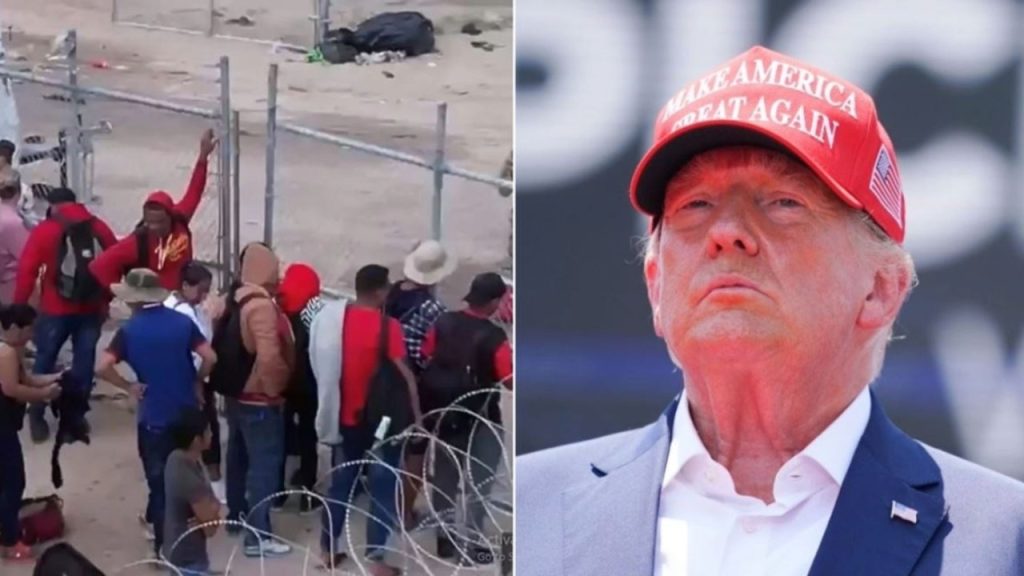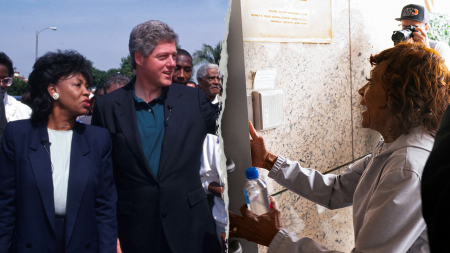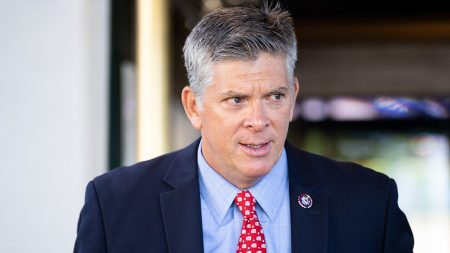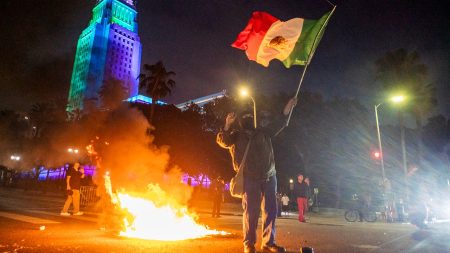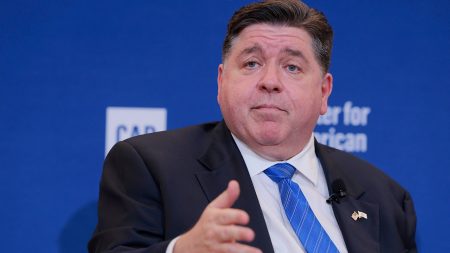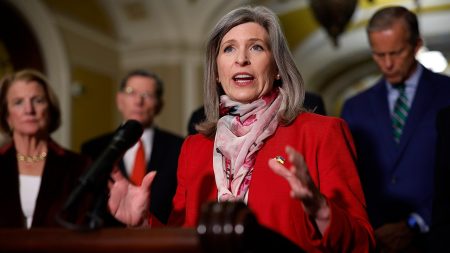Donald Trump’s proposed 25% across-the-board tariffs on imports from Canada and Mexico represent a strategic diplomatic maneuver rather than a purely economic policy. This approach, reminiscent of his previous tariff implementations, utilizes economic leverage to advance broader “America First” objectives, extending beyond trade imbalances to encompass issues like border security, drug trafficking, and supporting U.S. allies. The tariffs serve as a bargaining chip, encouraging other nations to align with U.S. interests and policies, as demonstrated by Trump’s renegotiation of NAFTA into the USMCA during his first term. While potentially disruptive to supply chains and raising costs for businesses, the tariffs are viewed by Trump and some analysts as a demonstration of U.S. strength and leadership on the global stage, contrasting with what they perceive as a more passive approach by the Biden administration.
Experts like Andrew Hale from the Heritage Foundation argue that Trump’s strategic use of tariffs has proven effective in the past, achieving desired outcomes without necessarily escalating into full-blown trade wars. The threat of tariffs, they suggest, can be just as potent as their actual implementation. Trump’s prior success with renegotiating the USMCA is cited as evidence of this effectiveness. While Mexico and Canada could potentially challenge such tariffs under the USMCA framework, the expectation is that negotiations and compromises would preempt such escalations. The tariffs serve as an initial pressure point, encouraging targeted nations to engage in discussions and seek resolutions aligned with U.S. objectives.
Beyond North America, Trump’s tariff strategy could extend to other countries engaging in actions detrimental to U.S. allies, such as those perceived as adversaries to Israel. This approach represents a broader foreign policy tool, utilizing economic leverage to influence geopolitical dynamics. The underlying premise is that by wielding economic power, the U.S. can effectively shape international relations and promote its interests on a global scale. This tactic differs significantly from traditional diplomatic approaches, utilizing the potential for economic disruption as a primary bargaining tool.
The imposition of these tariffs carries significant economic implications, potentially impacting businesses reliant on cross-border trade and increasing costs for consumers. While intended to bolster U.S. manufacturing, critics warn of potential disruptions to supply chains, retaliatory tariffs from affected trading partners, and ultimately, increased prices for consumers. Politicians, such as California Governor Gavin Newsom, have criticized the proposal as a substantial tax increase on American consumers, highlighting the potential economic burden. The Tax Foundation’s data from Trump’s first term, where tariffs resulted in increased costs for Americans, supports these concerns.
Despite the potential economic downsides, supporters of the tariff strategy, including former Vice President Mike Pence, argue for a nuanced approach, aiming to balance economic pressure with the need to maintain productive relationships, particularly with China. They emphasize the long-term benefits of a firm stance, believing it will ultimately lead to more favorable trade agreements and greater cooperation. This perspective emphasizes a strategic use of tariffs, not as a punitive measure, but as a tool to incentivize other nations to engage in constructive dialogue and reach mutually beneficial outcomes.
The proposed tariffs underscore Trump’s distinct approach to international relations, prioritizing economic leverage as a key instrument of diplomacy. His interactions with leaders like Canadian Prime Minister Justin Trudeau, where he linked tariffs to trade imbalances and even floated the idea of Canada becoming a U.S. state, exemplify this assertive stance. While these tactics may raise concerns about potential trade wars and economic instability, proponents argue that they demonstrate a commitment to advancing U.S. interests and ensuring fair trade practices. Ultimately, the effectiveness of this strategy will depend on the responses of Canada, Mexico, and other nations targeted by these proposed tariffs.




